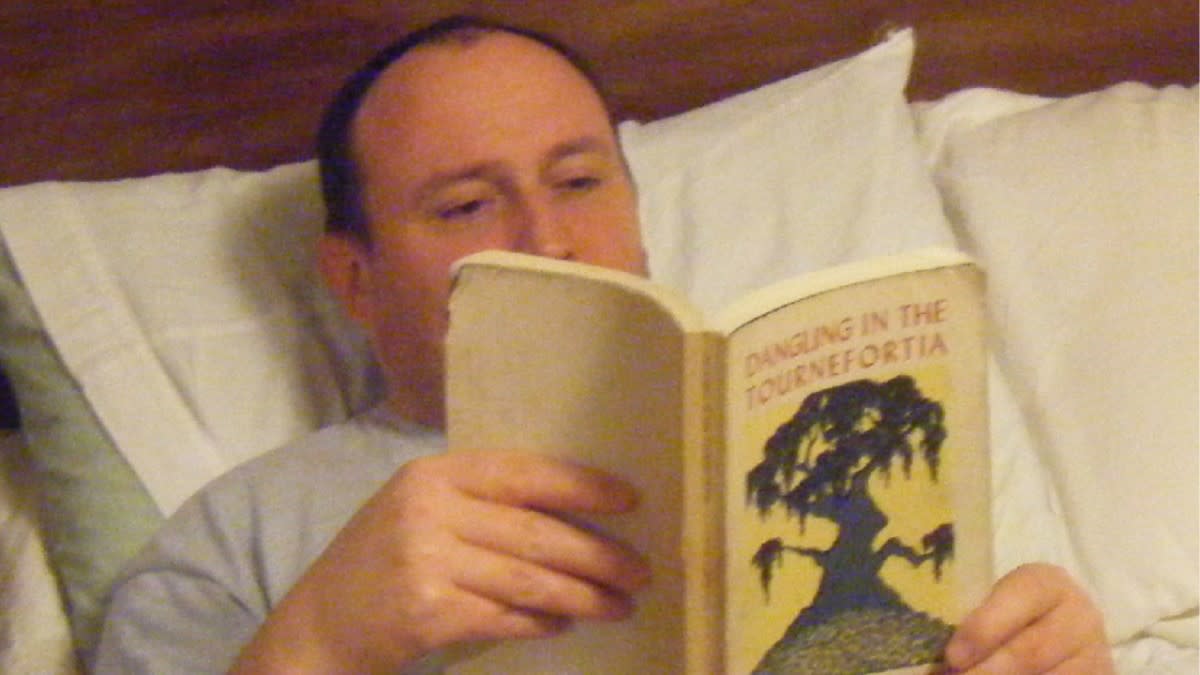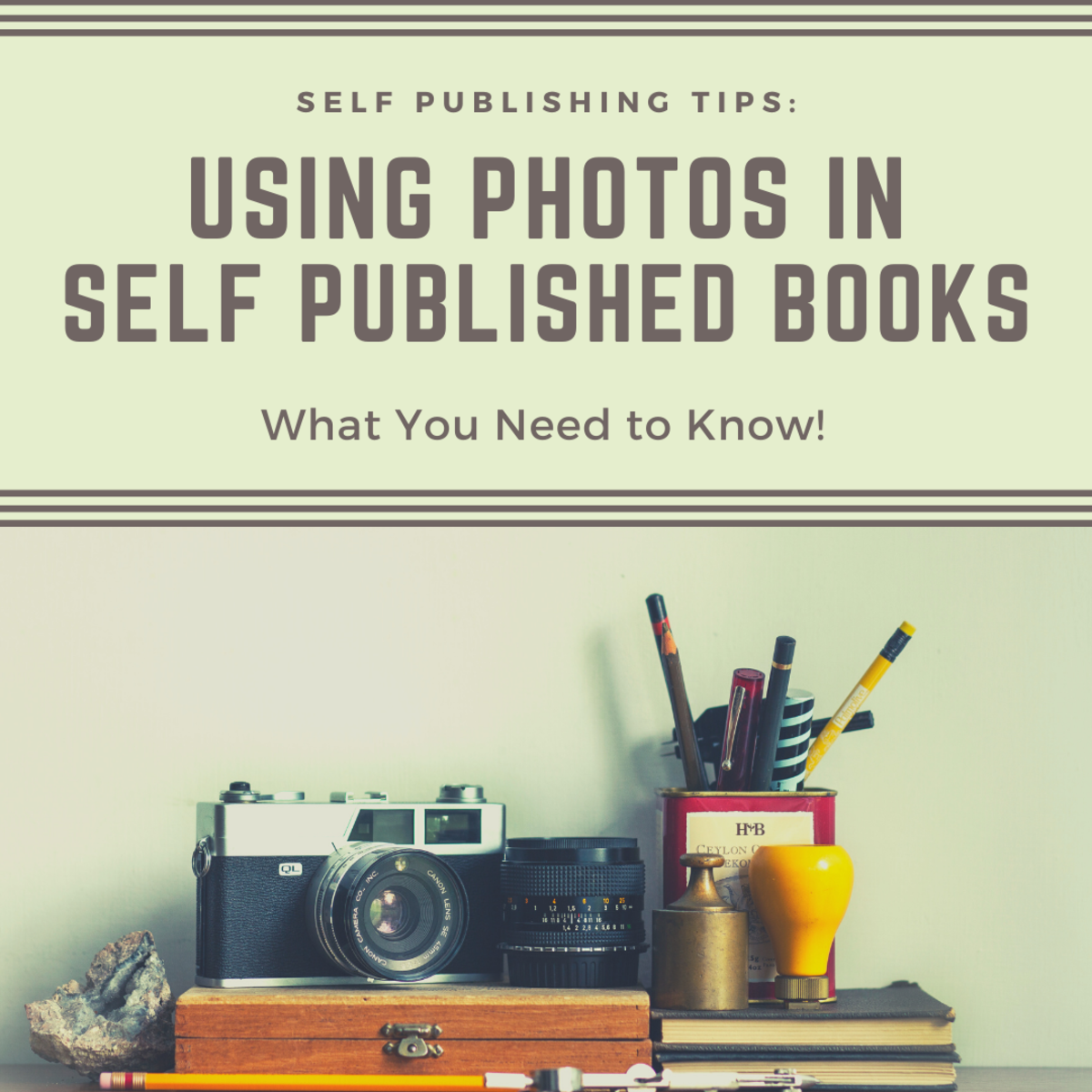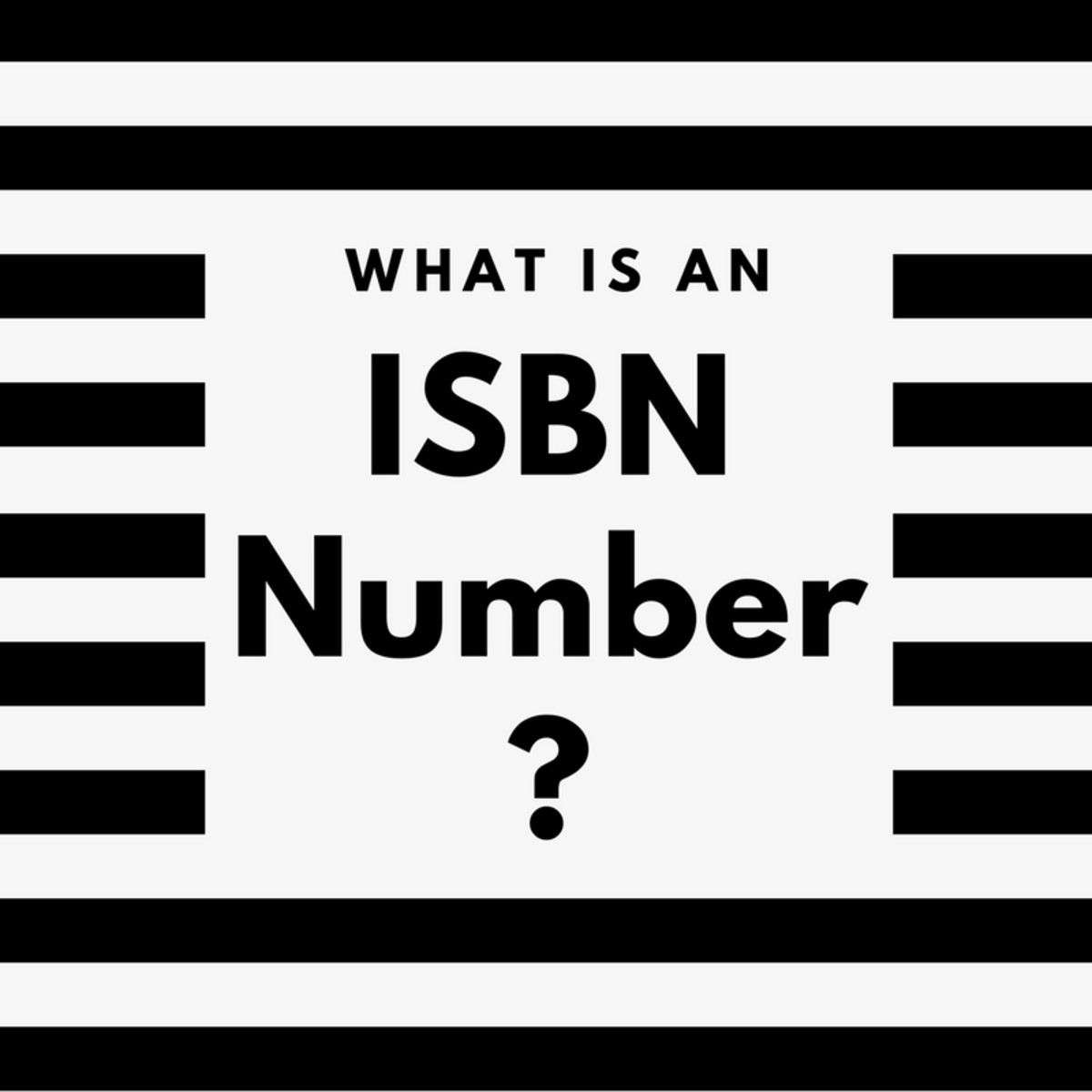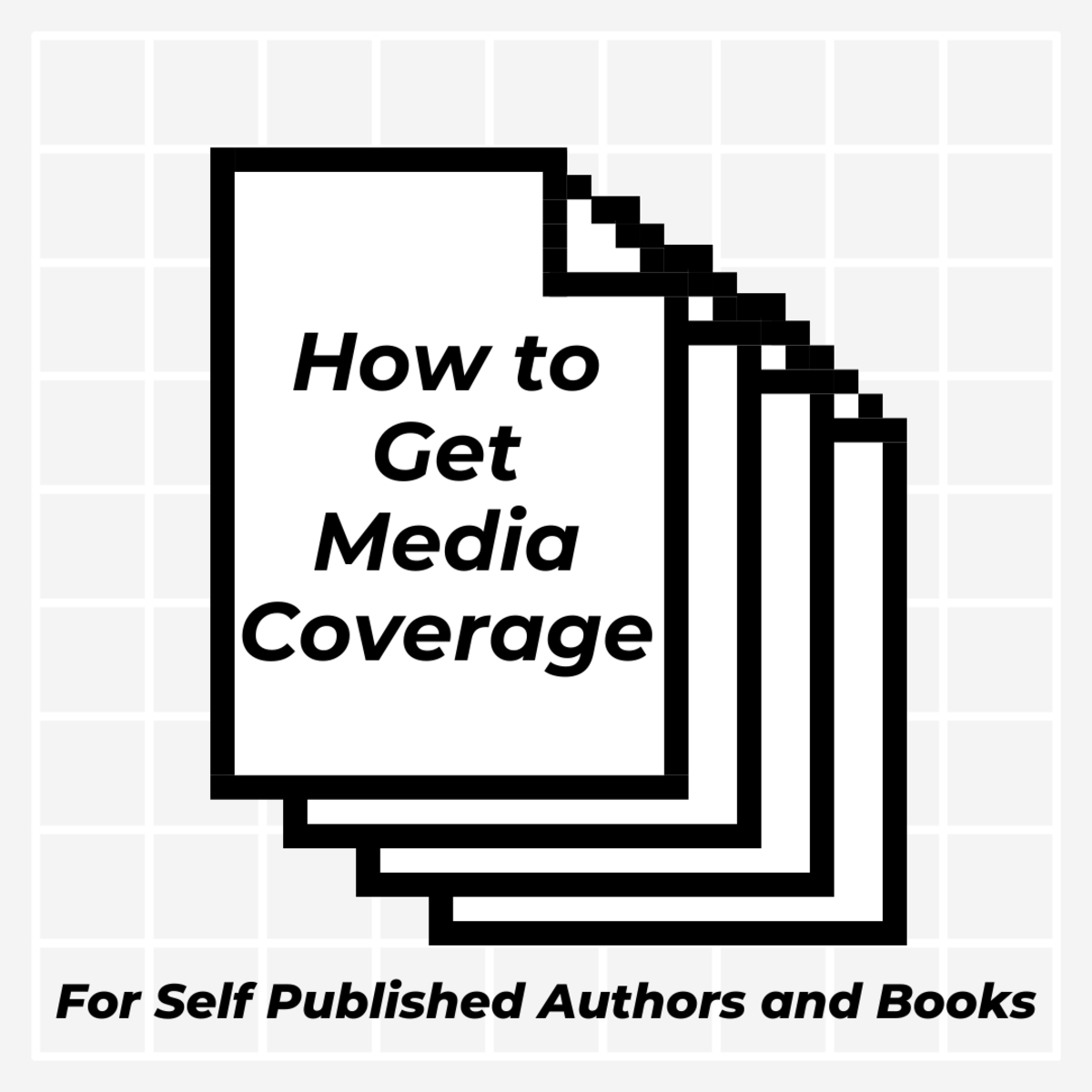- HubPages»
- Books, Literature, and Writing»
- Commercial & Creative Writing»
- Making Money as a Writer
How to Self-Publish a Collection of Poetry: My First Book
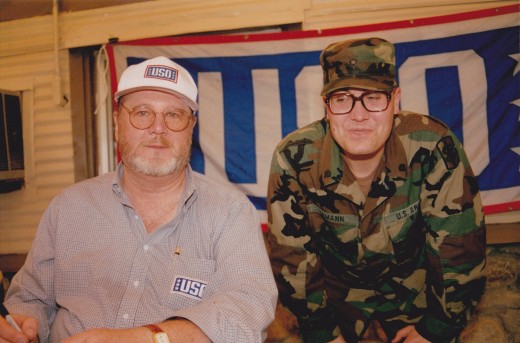
Why Publish A Collection?
A writing routine fell into place. It did not fall into place overnight.
A writing routine based on practice. Similar to a musical instrument that requires practice to tackle complicated rhythms. This provided me with a way to structure my thoughts.
If I wanted to add a poem I would choose a form and then have a schematic to help word choice. Soon I had built a number of decent poems on different themes and in different forms.
After listening to hours of Podcasts and poetry lectures offered by Poetry.com, I started to contemplate collections. What makes a good collection? How does one organize a collection?
A few recommendations seemed to resonate with me. The first recommendation to resonate was to have a theme. Theme brings your collection together and makes for a better reading experience.
Find a theme and a voice.
After theme it is important to give your collection a voice. So many of my poems had different voices. Narrative poems seemed to have a different voice then Sonnets. Very formal poetry seemed to have a different voice then more informal. Keeping the Theme and Voice in mind helps to create a read worthy collection.
Even though my curiosity was peaked I did not have enough poems to even consider a mediocre collection. I started to write with collection in mind. When a poem is created I consider it's theme and think about how to use the poem in the future.
Organize your writing.
My poetry is organized in notebooks. I put down my ideas as titles and write a title a page. I create titles that cover themes and voices that I need for upcoming collection. Sometimes if my creativity is dry I simply write the name of the form on top of the page to fill in later or just write a random practice Sonnet, Limerick, or Haiku.
HubPages motivated me to try to keep up. Poets are using this medium to create incredible volumes of poetry. To write and publish poetry you must create poetry at a quicker rate.
When you start to accelerate your writing you begin to see your voice. Through sharing and participating in a HubPages community you learn to use your voice to communicate through your poems.
Reading well structured collections helped to organize my thoughts.
Reading seemed to offer me permission to try my own structure. Some collections I would recommend would be Sharon Old's "Stag's Leap," Amy Clampitt's "The Kingfisher," William Carlos William's "Paterson," or Ezra Pound's "Cantos." This is a short list of some greats but there are many collections to choose.
Four Ways to Get Started
Find a writing routine.
| Find Theme and Voice.
| Write, write, write!
|
|---|---|---|
Organize your writing
| Read collections.
| |
This list helped me to begin the collection for the book.
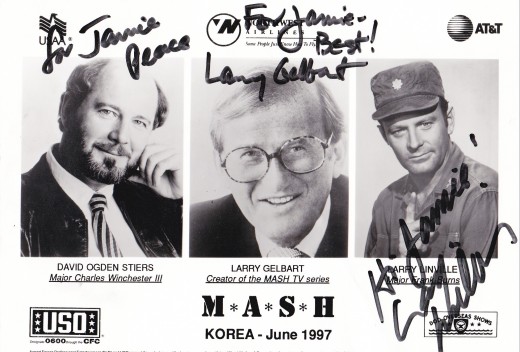
Notes on Self-Publishing
CreateSpace takes some time to master.
This should be expected on your first self-published collection. I found that as I start new collections my skill in using CreateSpace is increasing and as a result the quality of the book is increasing.
"Six Years of Service" is my first collection formatted in CreateSpace. Poetry requires some freedom since placement on the page can be important. Publishing tools limit how the page looks and you may need to compromise.
You will find yourself editing and re-editing until you have reached a level of comfort with your book. Be prepared to spend the time editing until you are happy with the results.
Self-publication requires the author to control marketing.
As a self-published poet you need to work on your internet presence and find a comfortable medium to share your poetry with others.
I have faith that with every new collection and sincere marketing one collection of many may find a niche.
I have included an introduction to the book and poetry as you read on.
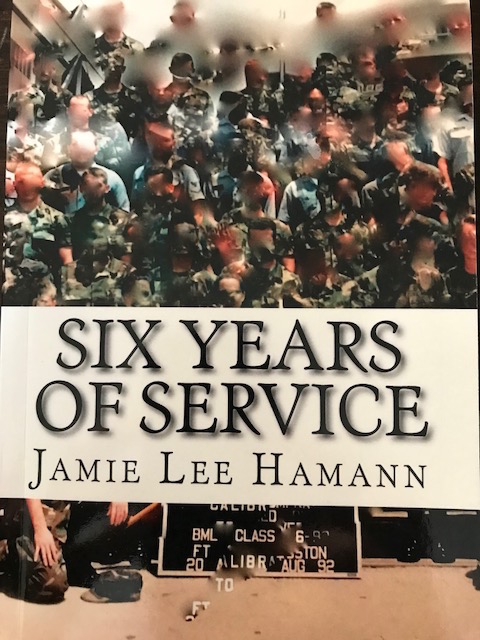
My First Collection
"Six Years of Service" is a simple book. It is a simple read. Moments soldiers feel at different times of their service mixed with moments of my own life, and my own experiences.
"My father was in the Navy during the Vietnam War. My parents met when he was in the service and stationed in San Jose CA. Throughout my life I remember seeing pictures of him in uniform. Even though he did not talk much about his experience I had created stories based on these photographs. His brother, my uncle, fought on the ground in Vietnam. I only knew him after his experience there. According to the stories, I heard from family, he was affected deeply and had many problems with PTSD.
I was in the Army for six years starting in 1991 until 1997. I was a Medical Laboratory Specialist and spent most of my time working for MEDDAC. The Army trained me to run military blood banks in Fort Ord California and I was prepared to deploy to Iraq during “Desert Storm.” I never made it to Iraq and I found myself either working in Military Hospitals in the field or on base." From the Introduction to "Six Years of Service."
I respect every person who has served whether during war or peace time service and dedicate this collection of poems to all service members serving or discharged.
Different Poetic Forms are used in the collection. The story is told as a long lined narrative, free form imagism, or a more traditional form like sonnet. The book is a slice of life, autobiographical at times, and tries to share experience through image and emotion.
This book is a way to learn how to successfully share my poems to readers. Otherwise my poetry would sit in a file out of site and out of mind. We write poetry to share and even our older poems deserve to be used.
The act of collecting poems helped me to reread and revise work that otherwise may have been forgotten. Similar to picking up a dusty trinket on your bookshelf and dusting it off. The process helped me to understand my poetry in a different light.
I hope you enjoy reading "Six Years of Service" and I am thankful that you took the time to read.
At the Roots
When my fixed foundation
could crack, created crevice,
from each root burrowing,
a house where sage should be.
Axe, shovel, death device,
I kneel for burrowing
in dirt where ants should be,
expose each taunt tendril,
remove a foundation
soon bare, nowhere to flee,
refugee's broken will
lose a place, foundation,
as I axe the main root.
I finish, start to fill,
barren my creation,
my world safe from the root,
safety through destruction.
From "Six Years in Service"
Old Man at The Bachelor Party
My friend I am not calling you old,
whether this is our first or our second,
ours is a desert story being told,
now we both have a marriage to tend.
For years in youth we stood each a soldier
stationed at Fort Polk Louisiana,
where we learned in pine the art of war,
hidden demons were part of the fauna.
In silence I see you after those years.
Learn that your brother wore the same color,
found himself deep in Afghanistan,
hand around the shots, drink all the beers,
"Hey, I too haven't conquered my fears,
I am just an old man doing all I can."
From "Six Years of Service"
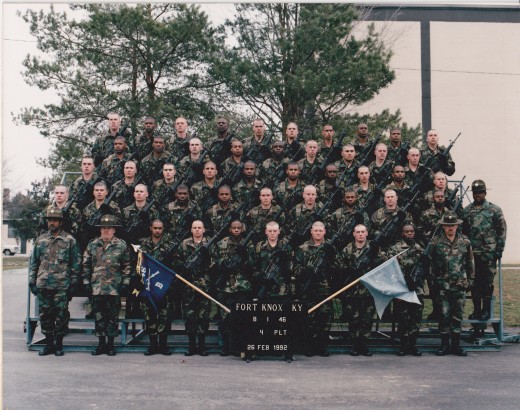
An Article on The Process of Self-Publishing My Second Collection:
- The Process of Self-Publishing "A Rhyme of the Ancient Middle Class"
Why would my title "The Rhyme of the Ancient Middle Class" use rhyme instead of rime as the original classic by Coleridge? The theme of this collection begins with an imitation.
© 2017 Jamie Lee Hamann


